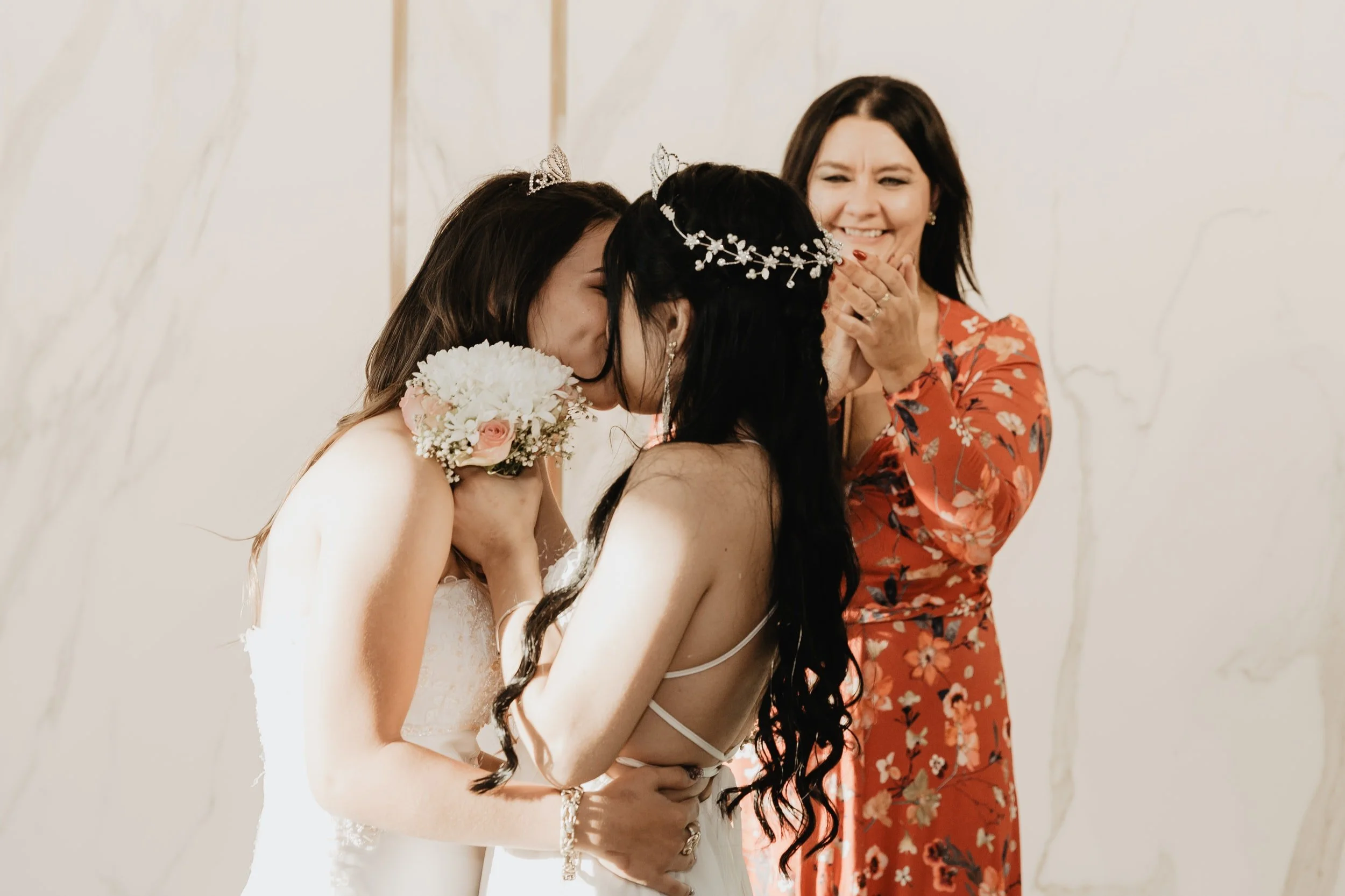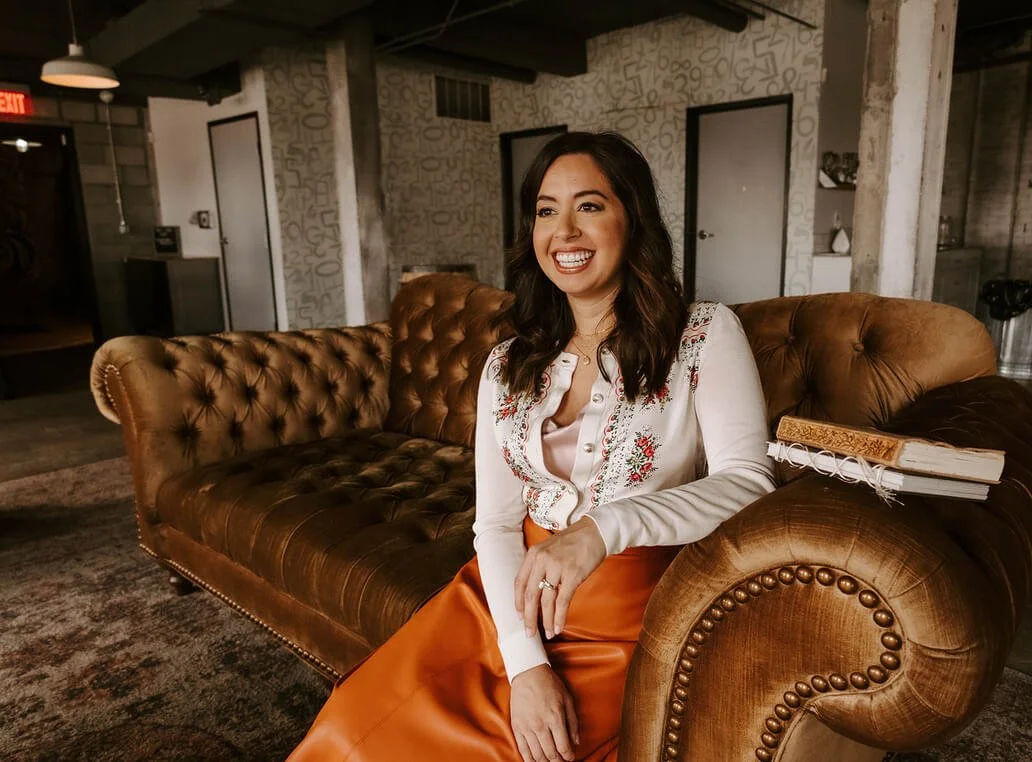How to Know if Someone is in Love with You
It can be agonizing to not know if the person you love is feeling the same about you. As a therapist in Detroit, I hear clients struggle with these types of questions all the time. It can be both exhilarating and terrifying to be on the lookout for signs and clues that someone loves you.
As if that weren’t difficult enough, it’s even harder when you don’t feel like you can talk to anyone about how you’re feeling. You might not yet be ready to share your truth with your friends or partner. In this blog, I’ll share some information to help you understand why you’re feeling this way and what to do about it.
Why it Matters if Someone Loves You
I’ve written before about how humans are wired for human connection. The process of attachment is crucial for both our sense of survival and our sense of wellbeing. When it comes to romantic attachments, this process has a few extra layers. There are emotional, psychological, and physical processes that impact your experience of attachment. When you are in the beginning stages of falling in love with someone, your brain produces a specific cocktail of natural chemicals. One of the primary effects of these chemicals is that you may hyperfocus on this new relationship.
This means that the pop-culture sayings like being so in love that you can’t eat or sleep hold some truth. You can expect your mind to find ways of connecting unrelated things back to this person you’re falling for. If you haven’t told the person you’re into that you feel as strongly as you do, your mind may also hyperfocus on trying to figure out what they’re feeling.
I understand how painful it can be to feel like you don’t belong. When you are seeking love, you may also be seeking a sense of belonging. You may be seeking a sense of acceptance. If you’ve been up late at night googling phrases like, “signs he’s falling in love,” this is your unofficial sign to switch gears and get self-reflective.
I invite you to pause and reflect because sometimes anxieties can cloud our thinking. Sometimes what we’re searching for is a promise of stability. Maybe you're searching for a commitment to the relationship or a sign that all the vulnerability that you’ve already risked will be worth it.
The beginning stages of a relationship are delicate, and there is not any one timeline that dictates how quickly those stages should be. I’ve been watching the latest season of Married at First Sight. I see how the conversations about saying, “I love you” are masking deeper insecurities. While the insecurities are common and appropriate, some of the couples are spinning their wheels over having differing views on the use of this one phrase. As a therapist, I am of course finding myself wishing I could interject and help the couples get to the root of what they’re feeling.
Here are a few questions you can ask yourself to break the anxious spiral of feeling as if you need an answer to the question:
What does it mean to you to love someone?
How do you know that you love them?
Is there anything you hope will change in the relationship after you have both said, “I love you”?
What anxieties do you have about the future of the relationship? How will hearing that your partner loves you shape those anxieties?
What excites you about exchanging “I love yous” with your partner?
Sometimes it can seem like hearing “I love you” will automatically lead to a deeper commitment.
How to Find out if Someone is in Love with You
Now that you have some clarity around what love means to you and why you want to know if your partner is in love with you, let’s talk about communication. Let's get into some concrete communication skills to kick off this conversation.
You probably already intuitively know that the best way to find out if someone is in love with you is to hear them say it. This isn’t to say that we don’t all show love in many different ways, but more so to end your quest of searching for clues in their behaviors.
Leading with Curiosity
Anxieties you have about the future of the relationship might be shouting in your ear that you just need to know – now. You might be vulnerable right now to some rigid thinking patterns. It can seem like the answer is a simple yes or no. However, we know that human behavior and feelings are complex. We also know that rushing into a conversation about something as sensitive as love can bring up our psychological defenses – especially if we feel put on the spot.
I encourage you to broach the topic with gentle curiosity. This is the kind of conversation you want to bring up when you’re both relaxed, getting along well, and already feeling close. This is not the kind of conversation to bring up when there is tension, you’re arguing, or searching for comfort amidst anxious thoughts.
When you lead with curiosity, the conversation can be an opportunity to foster intimacy regardless of how your partner answers. You want the focus to be on getting to know each other, not on hearing the answers you are hoping for.
Here are a few questions you might consider starting with:
What does love mean to you?
How do you show love and like to be shown love?
What kind of fears do you have about love?
How important is it to you to say or hear, “I love you”?
What kind of meaning did “I love you” have in your house growing up?
Open communication is key. It’s important to be relaxed and connected when you start conversations about sensitive topics.
Should You Say It First?
It’s hard to be vulnerable and be the first person to say, “I love you.” It is okay to wait until you are more comfortable with that risk or until you have more information about the relationship. One question to keep asking yourself: are you’re waiting until it feels comfortable or are you waiting until it feels emotionally safe. There will never be a time when it doesn’t involve some level or risk. It is important to feel well-resourced and confident that you will remain emotionally safe regardless of the outcome.
Conclusion
Whatever you’re feeling right now, I can assure you that you’re not alone. You have already risked a lot to get to the point in a relationship when you begin to wonder about falling in love. If you’re already in love yourself, it is completely expected that you also want to know if your partner feels the same way. As much as I hope this blog post has helped you, please know that professional help is also available to you. As a licensed therapist in Michigan, I know that the vulnerability of love can bring up a lot, and therapy can be a great place to get support. Click here to get started today, or check out Inclusive Therapists to find someone licensed near you.



